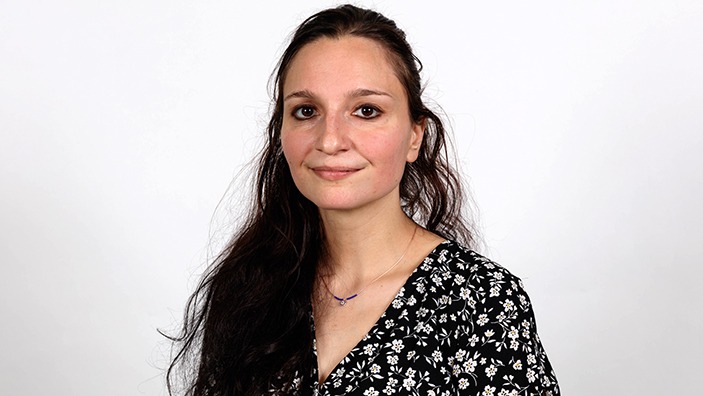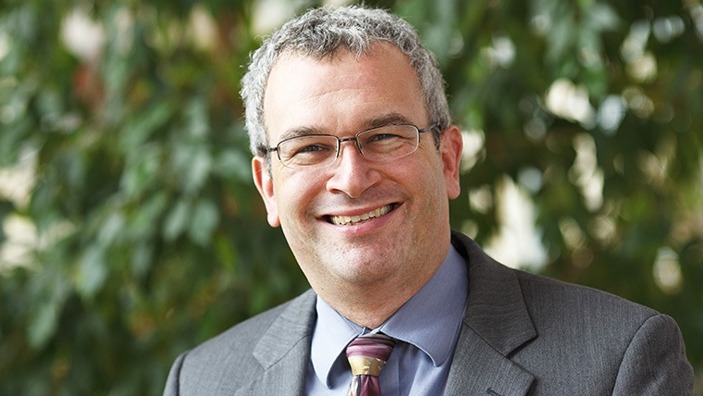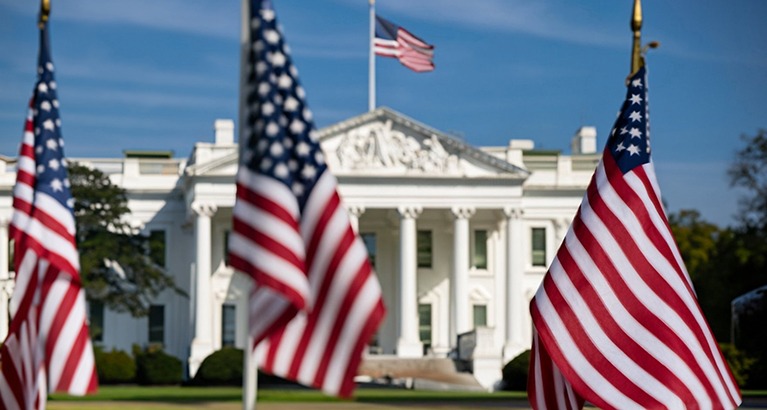Governments and other policymakers around the world wrestle with how to deal with people who are sceptical of official positions and guidelines designed to address major societal issues. This has long been the case regarding climate change, and came to the fore as vaccination hesitancy when the COVID-19 pandemic reared in 2020.
Research has long linked such scepticism to distrust of scientists among members of the public, while other studies have shown that it is difficult to erode sceptical attitudes that are psychologically motivated by factors such as bias against elite institutions or a conservative world view.
But could there be a more tailored approach in seeking to dispel scepticism toward societal responses to major global or national problems?
This is the focus of research at the Energy Policy Research Group (EPRG) at Cambridge Judge Business School by Zeynep Clulow, Research Associate at EPRG, and David Reiner, Professor of Technology Policy at Cambridge Judge and assistant director at EPRG. The research has broad implications for the way governments and others engaged in societal responses deal with scepticism among citizens.
“The research shows that there are other approaches than addressing these issues in a one-size-fits-all manner,” says Zeynep. “There are different types of sceptics, so this requires different strategies aimed at dispelling scepticism.”
Adds David: “These findings can help policymakers develop more targeted strategies and encourage them to focus more attention on groups that are persuadable rather than being resigned to considering every sceptic to be some consistent conspiracist on every issue.”


The difference between ‘single-issue sceptics’ and ‘double-sceptics’
The research is based on analysing the drivers of scepticism toward climate change and COVID-19 vaccination at the peak of the pandemic in 2021. This was measured in a survey of 8 countries – Australia, Brazil, China, India, Japan, South Africa, the UK and the US – by polling firm Ipsos Mori on a single day, 22 February 2021, by which time most countries had experienced their first wave of the pandemic, imposed lockdowns and began rolling out national vaccination programmes.
The research breaks novel ground by distinguishing between people who are sceptical toward either climate change or COVID-19 vaccination, but not both, and ‘double sceptics’ who are sceptical toward both climate change and vaccination. Most sceptics fall into the former category (scepticism toward climate change or vaccination, but not both), and for those people such scepticism is strongly linked to a distrust in university scientists. By contrast, for a hardcore minority who are sceptical towards both, such scepticism “appears to be motivated by an underlying sceptical mindset rather than a narrower distrust in scientists” – and these double-sceptics distrust not only scientists but wider societal institutions and the media such as television news.
By contrast, single-issue sceptics are focused primarily on distrust in scientists – “people who completely distrust scientists are approximately 4 times more likely to be antivaxxers and 5 times more likely to be climate sceptics than double-sceptics,” the research finds.
The importance of distinguishing between sceptics for policymaking
Why is this distinction important? It sends a signal to policymakers that for the ‘single-issue’ sceptics who form a clear majority among the even sceptical fringe, efforts to overcome isolated predictors of scepticism – such as building trust in scientists, economic support and information campaigns – are more likely to boost support for policies designed to create societal responses to mitigate global challenges.
The same is not true for ‘double sceptics’ – “such strategies are likely to be ineffective or even counter-productive for an important minority of hardcore sceptics whose scepticism is associated with a more generalised sceptical worldview,” the research concludes. Such individuals tend to “possess many of the typical sceptic characteristics such as high distrust in social institutions and rightward political orientation, which are (collectively) suggestive of an underlying sceptic mindset rather than a specific distrust of scientists.”
Why people are sceptical towards scientific issues
Previous research by social scientists have suggested several reasons why individuals are sceptical towards controversial scientific issues. These include:
- a lack of accurate information, known as the ‘deficit model’
- a psychological motivation to reject science that challenges pre-existing ideological beliefs – for example, political conservatives are more likely to be sceptics on climate change and vaccines owing to a general aversion among conservatives to government involvement
- perceptions regarding the source’s credibility, which is often linked with ideological views such as conspiratorial perspectives and populism, and associated distrust of institutions and elites
Reasons why distrust in scientists might drive scepticism on climate change and COVID-19 vaccination include the complex nature of both issues that make it difficult for non-scientists to fully understand, and the societal costs (including financial expenditure and behavioural changes) related to mitigation of these issues.
Trust in corporations, TV news and Greta Thunberg
The surveys that form the backbone of the research asked respondents to rate their trust in university scientists as part of a broader question that also probed trust in institutions and actors ranging from corporations to environmental NGOs to television news. They were also asked to rate trust in certain specific sources, including oil and gas companies, Greenpeace, Greta Thunberg, and social media.
Among the findings: while many respondents showed some degree of scepticism (35% did not consider climate change a major threat to their country, and 17% were unlikely to take a COVID-19 vaccine if offered one), only a very small minority (1.4%) chose the most sceptical response towards both issues – even in the United States, only 4% were sceptical towards both issues and that group was less than 2% of the sample in the other seven countries. Similarly, less than 5% of respondents in 6 countries completely dismissed the threat of climate change (Australia at 9% and the US at 14% were higher).
How education and energy knowledge affect trust
The research also found that scepticism is inversely related with education, energy science knowledge, perceived responsibility for combating climate change. and a precautionary preference for solving societal problems, and, by contrast, higher among men and people who distrust television and identify with the right of the political spectrum.
Zeynep and David also examined views on economic issues, and found that people who give complete precedence to the economy regarding mitigation of climate change or COVID-19, or both, are significantly more likely to distrust scientists.
Sample limitations on scepticism study
The researchers note 2 important limitations of their study sample:
- respondents in emerging economies were recruited from urban centres, so the views of rural citizens may not be accurately reflected
- Chinese respondents were not asked about political views owing to political sensitivities.
The other caveat is that the polls can only offer a snapshot so asking about vaccines when almost no one had received the COVID-19 vaccine and when many economies were locked down should be treated cautiously in terms of the specific numbers, but as Zeynep notes: “While acknowledging that this was a particularly unusual time, we expect the finding that double sceptics comprise a small fraction of total pool of sceptics to be robust and we would expect to see this finding extended to other topics.”
Moreover, as David concludes: “Painting all sceptics as irredeemable conspiracists is both counterproductive and incorrect. Most climate sceptics are not very concerned about taking a vaccine and vice versa. Most sceptics are single-issue sceptics and will need to be engaged on the specifics of the issue, which will, no doubt, be challenging, but they to do not exhibit the more fundamental, all-encompassing scepticism we find among double-sceptics that extends to all societal institutions and media outlets.”
Featured research
Clulow, Z. and Reiner, D. (2024) “How to distinguish climate sceptics, antivaxxers, and persistent sceptics: Evidence from a multi-country survey of public attitudes” PLOS ONE





